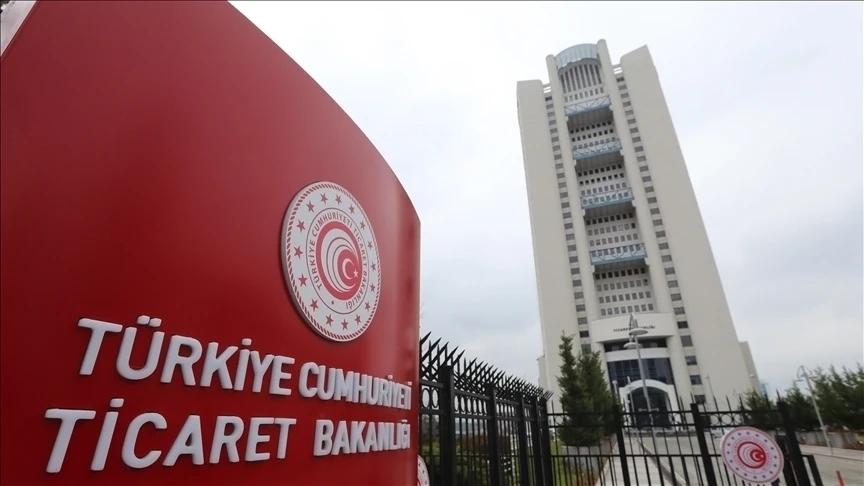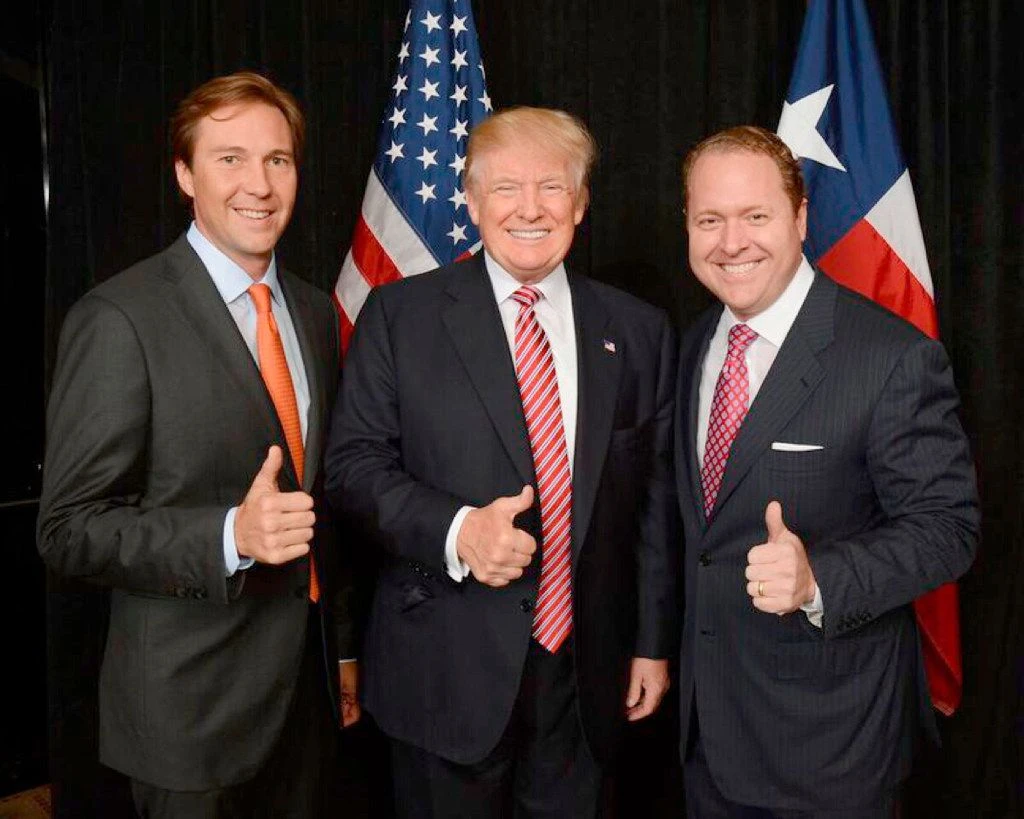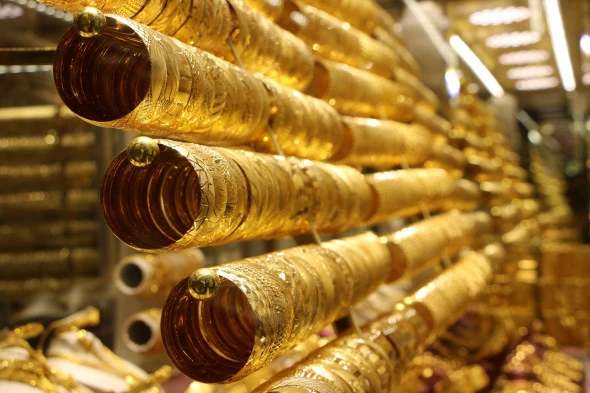Türkiye responds to Trump’s 25% tariff decision on steel imports: Report
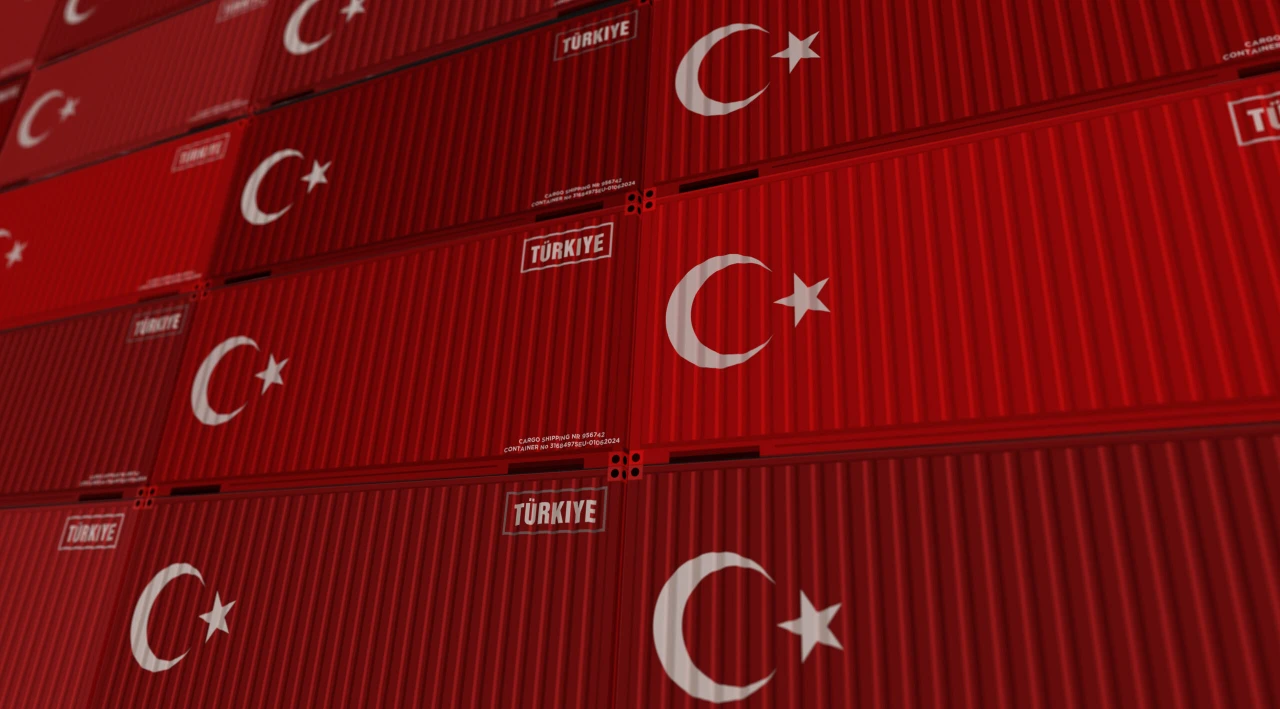 The image depicts a stack of Turkish export shipping containers painted with the Turkish flag. (Adobe Stock Photo)
The image depicts a stack of Turkish export shipping containers painted with the Turkish flag. (Adobe Stock Photo)
The Turkish Ministry of Trade has responded to U.S. President Donald Trump’s decision to impose a 25% tariff on steel and aluminum imports, stating that while it could create an equal competitive environment, it also poses risks of double taxation for Türkiye, according to a report published by the CNBC-e.
Trade Ministry’s response
Ministry officials told CNBC-e that Türkiye is already subject to a 25% tariff on steel exports to the United States. They noted that if the same rate is applied to other countries, it would level the playing field and benefit Türkiye. However, they cautioned that increasing the tariff specifically for Türkiye could result in double taxation.
“Currently, Türkiye’s steel tariff is at 25%. The tariff had been lifted for Brazil, Canada, EU countries, and Mexico. If the protectionist measure raises tariffs to 25% for all, this will create fair competition. However, if it falls under the customs tariff regime, Türkiye will face double taxation,” officials said.

Impact of the tariffs on Türkiye’s steel exports
The Turkish Ministry of Trade highlighted Türkiye’s role as the world’s eighth-largest steel producer and a major global steel exporter.
The country’s steel exports increased by 20.8% in 2024, reaching $17 billion with 17.84 million tons of steel exported. The U.S. accounted for 600,000 tons ($704 million) of these exports, a 22.5% increase from the previous year.
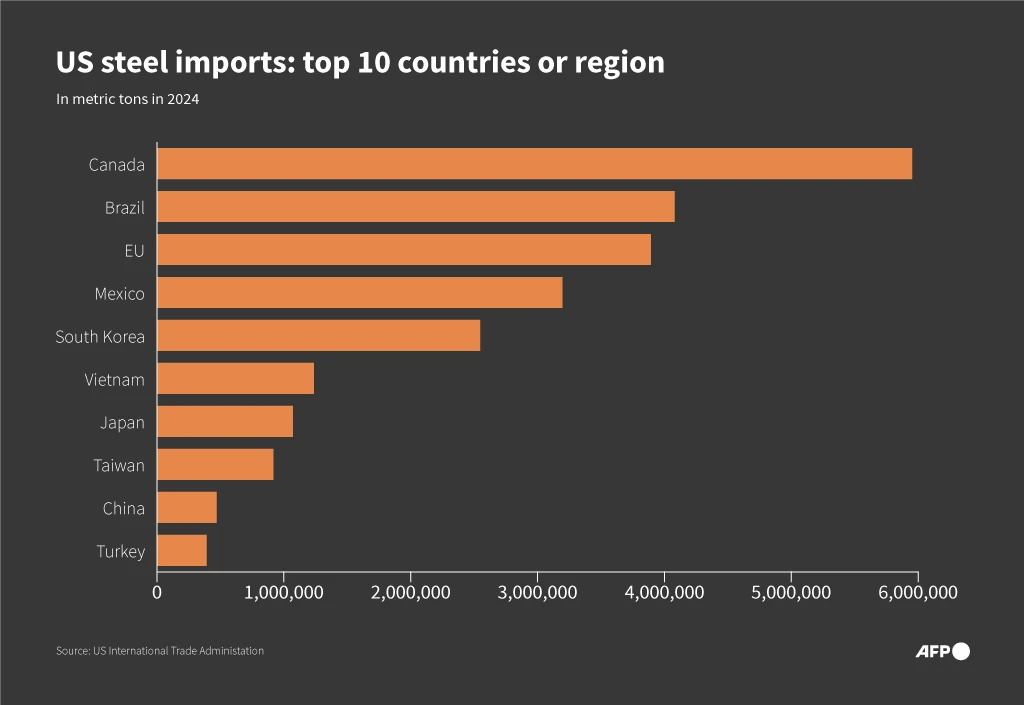
Trump’s tariff policy and global trade risks
Trump’s new tariffs on steel imports from previously exempt countries—including Canada, Mexico, Australia, Argentina, Brazil, South Korea, EU nations, Japan, and the U.K.—have raised concerns over potential disruptions to global trade.
Experts suggest that further tariff increases and protectionist measures may pose risks to international trade stability.
The full impact of these policies remains uncertain as global markets assess their long-term effects.
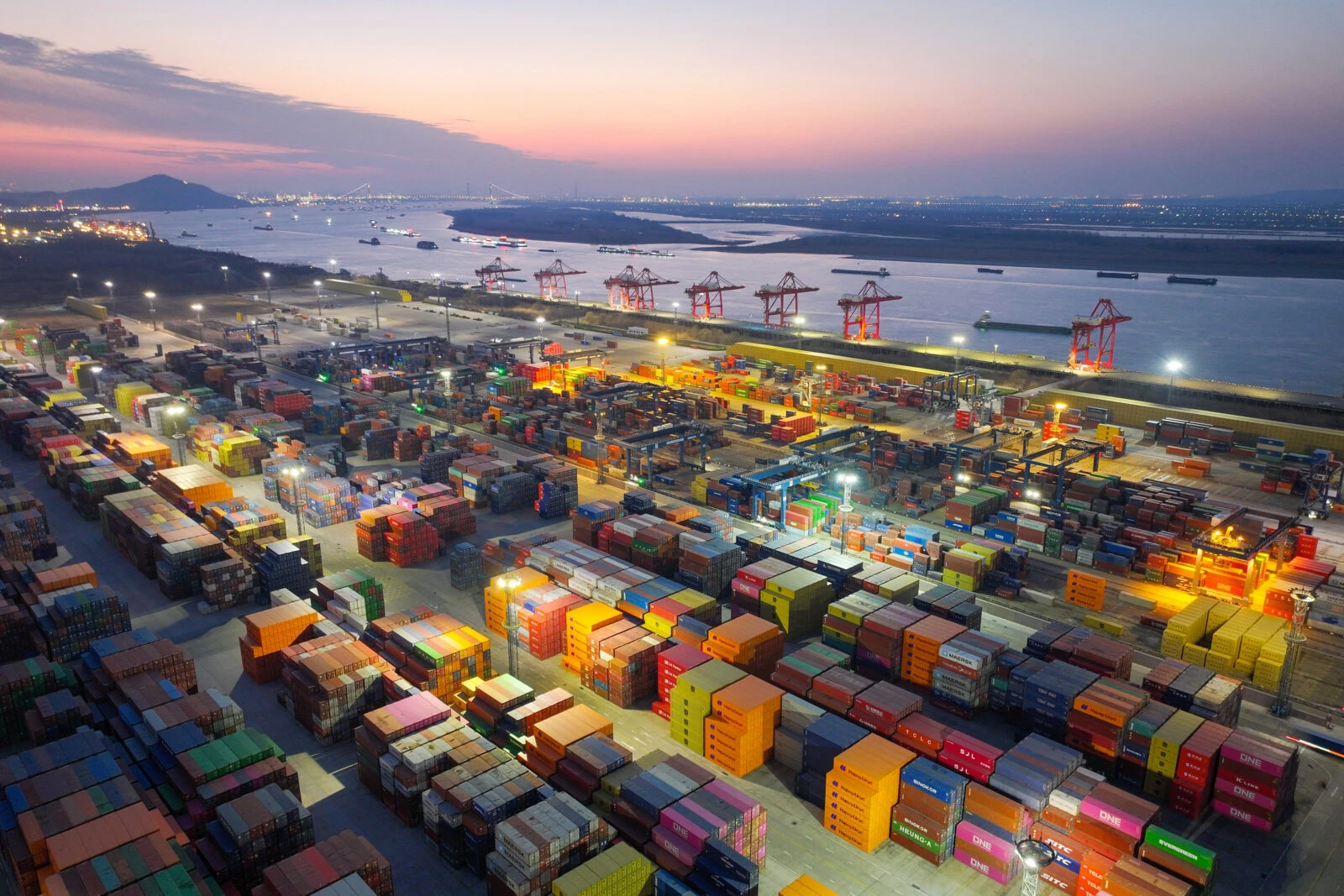
Türkiye’s previous experience with US tariffs
The United States introduced a 25% steel tariff under Section 232 in 2018, which was temporarily increased to 50% for Türkiye between August 2018 and May 2019.
This resulted in a decline in Türkiye’s steel exports to the U.S. during that period.
Despite these challenges, Türkiye’s steel industry has remained resilient. The Ministry of Trade implemented diversification strategies, including expansion into new markets through initiatives such as the Distant Countries Strategy and the Organization of Islamic Cooperation (OIC) Trade Development Programs.
Türkiye has been a member of the OIC since its establishment and has actively contributed to its activities. Turkish Republic of Northern Cyprus (TRNC) has had observer status in the OIC since 1979 and regularly participated in the OIC Summit and the Conference of Foreign Ministers (CFM) meetings.
It has been decided that TRNC, formerly represented by the name “Turkish Cypriot Muslim Community” in the OIC, would be represented by the name “Turkish Cypriot State”, as mentioned in the Annan Plan, at the 31st Islamic CFM held in Istanbul on June 14-16, 2004.
Türkiye will host the 51st OIC CFM, scheduled to be held in 2025.
